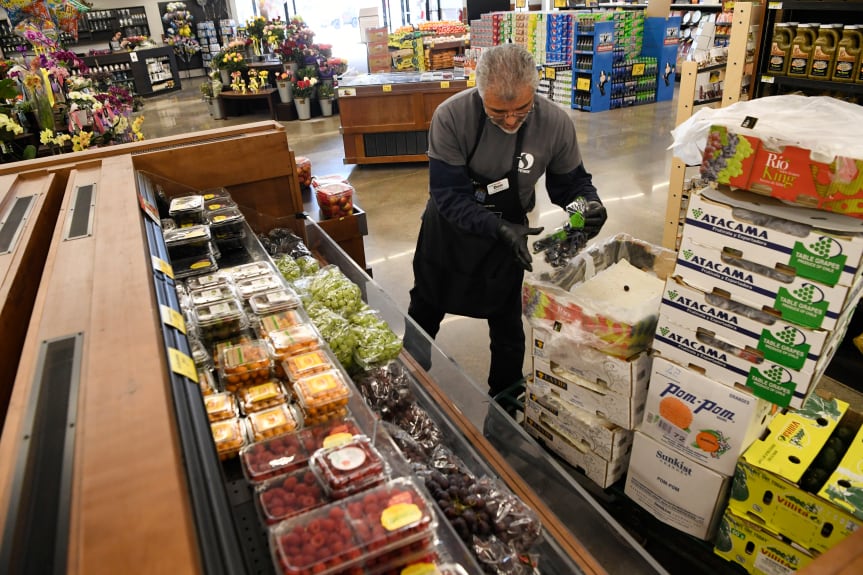Thousands of low-income college students in Colorado now have an easier path to food assistance during the pandemic, after the federal government issued temporary changes to its qualification policies for the Supplemental Nutrition Assistance Program, the program previously known as food stamps.
All students who qualify also will receive the maximum amount for their household size.
Benu Amun-Ra, a graduate student at Naropa University, cares for her child and mother, and said SNAP has been a game changer.
“It has changed my diet,” Amun-Ra reported. “What I can afford now allows me to go to local grocery stores to purchase fresh produce and fruits and vegetables.”
Students with an expected family contribution of zero, based on federal financial aid calculations, and those eligible for work study, even if they don’t currently have a job, may be eligible for $234 per month or more in food benefits. A family of four can receive $782 to buy food.
A new online guide offers information on navigating the enrollment process at hungerfreecolorado.org. Students can apply for SNAP at colorado.gov/PEAK.
Teri Chasten, SNAP manager and deputy division director for the Colorado Department of Human Services, said even before COVID, there was a common misperception college students are not eligible for SNAP.
But she pointed out many low-income students do qualify for food assistance, and with the new criteria, benefits are now available to thousands more.
“With COVID, we know that many of our students who were working part-time were in the service industry and may have lost their employment, and are having a harder time meeting their needs, especially around buying food for themselves,” Chasten explained.
Some grocery stores and farmers markets will match SNAP benefits dollar for dollar, up to $20 per day, when purchasing fruits, vegetables, and other items.
The new, temporary exemptions for SNAP participation will be in effect until 30 days after the COVID-19 public health emergency has been officially lifted.






